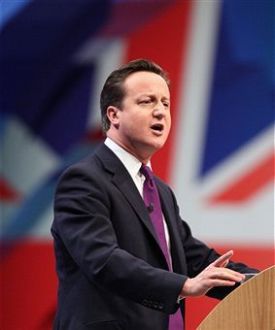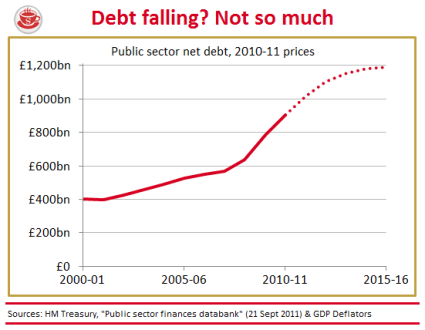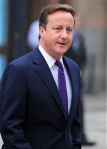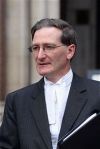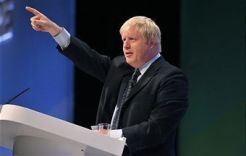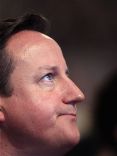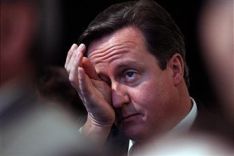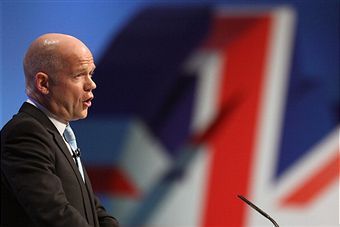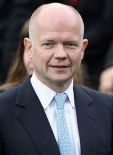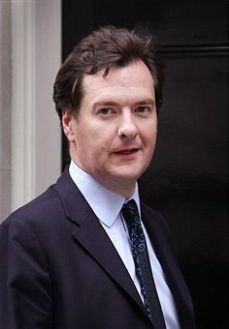What did Fleet Street make of Cameron’s speech?
Not a lot is the short answer. Many commentators argue that the speech failed to match the gravity of this moment in time; that it was safe; that it was not prime ministerial. Steve Richards believes that Cameron was timid, choosing to reassure rather than challenge. He writes: ‘Yesterday in his address David Cameron did Ed Miliband an unlikely favour. He made Miliband’s seem deeper and substantial. The Labour leader’s address last week was poorly structured and delivered, yet compared with Cameron’s it had an argument and was at least an attempt to address the scale of tumultuous change sweeping across Britain. In contrast Cameron’s speech was a giddying guided tour
